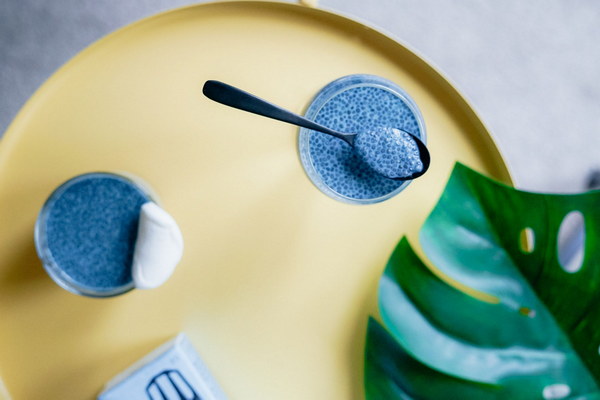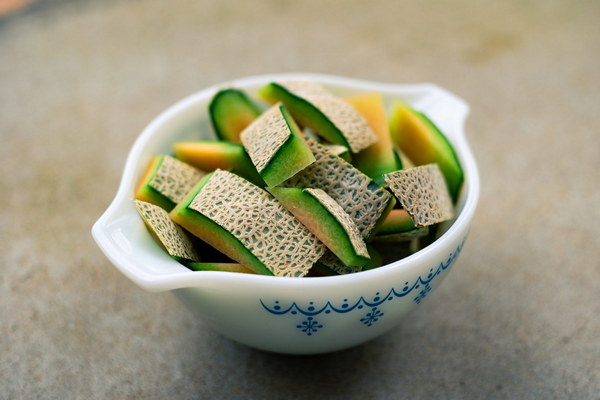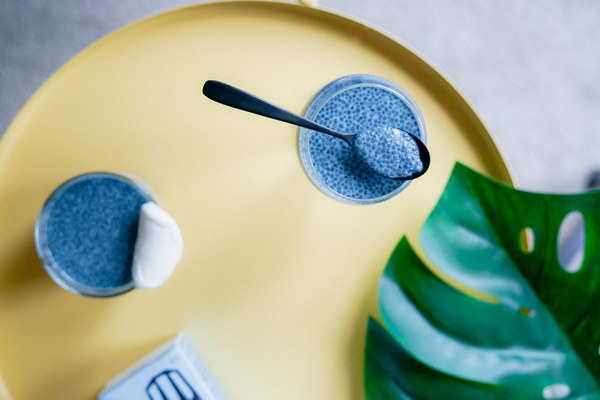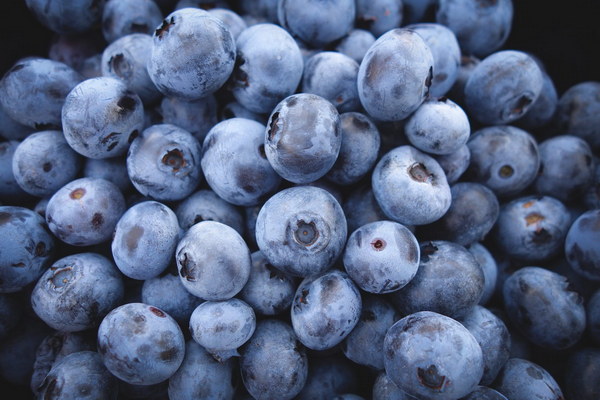Effective Medications for Dampness Removal in the Body A Comprehensive Guide
Introduction:
Dampness in the body, also known as dampness syndrome in traditional Chinese medicine, refers to the accumulation of dampness in the body that can lead to various health issues. It is characterized by symptoms such as fatigue, bloating, weight gain, and discomfort. In this article, we will explore effective medications for dampness removal in the body, as well as their mechanisms of action and benefits.
1. Herbs for Dampness Removal:
Herbal remedies have been used for centuries in traditional Chinese medicine to treat dampness syndrome. Here are some commonly used herbs:
a. Cang Zhu (Atractylodes macrocephala): Cang Zhu is a potent herb for dampness removal. It helps to eliminate dampness from the body, improve digestion, and boost energy levels.
b. Fu Ling (Poria cocos): Fu Ling is another herb used for dampness removal. It has diuretic properties, helping to eliminate excess fluid and reduce swelling.
c. Bai Zhu (Atractylodes macrocephala): Similar to Cang Zhu, Bai Zhu is effective for dampness removal. It also helps to improve digestion and strengthen the spleen.
d. Dong Quai (Angelica sinensis): Dong Quai is a commonly used herb for women's health. It helps to balance hormones and eliminate dampness, thereby alleviating symptoms such as bloating and weight gain.
2. Western Medications for Dampness Removal:
In Western medicine, medications for dampness removal may vary depending on the underlying cause. Here are some commonly used medications:
a. Diuretics: Diuretics help to increase urine production, which can help eliminate excess fluid and reduce swelling. Examples include Lasix (furosemide), hydrochlorothiazide, and spironolactone.
b. Proton Pump Inhibitors (PPIs): PPIs are used to treat acid reflux, which can be caused by dampness in the body. Examples include omeprazole, esomeprazole, and pantoprazole.
c. Antihistamines: Antihistamines can help alleviate symptoms such as itching and swelling caused by dampness. Examples include cetirizine, fexofenadine, and diphenhydramine.
3. Lifestyle Modifications for Dampness Removal:
In addition to medication, lifestyle modifications can help in the management of dampness syndrome. Here are some tips:
a. Maintain a healthy diet: Avoid foods that are high in sugar, fat, and salt. Instead, focus on a balanced diet rich in fruits, vegetables, and whole grains.

b. Regular exercise: Engage in physical activities such as walking, jogging, or swimming to improve circulation and promote the elimination of dampness.
c. Adequate rest: Ensure you get enough sleep to allow your body to recover and eliminate dampness.
d. Avoid exposure to damp environments: Keep your living and working spaces dry to minimize dampness exposure.
Conclusion:
Dampness removal is an essential aspect of maintaining good health. By using effective medications and adopting a healthy lifestyle, you can effectively manage dampness syndrome and alleviate its associated symptoms. Always consult with a healthcare professional before starting any new medication or treatment to ensure its safety and appropriateness for your specific condition.









